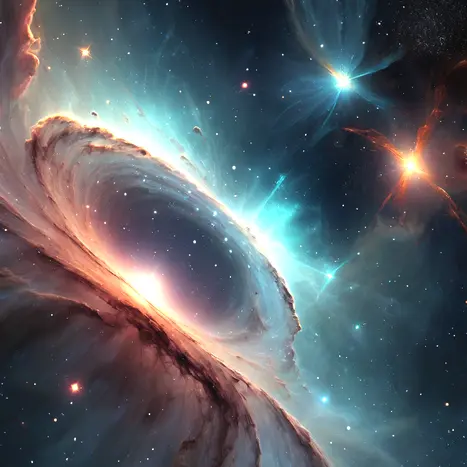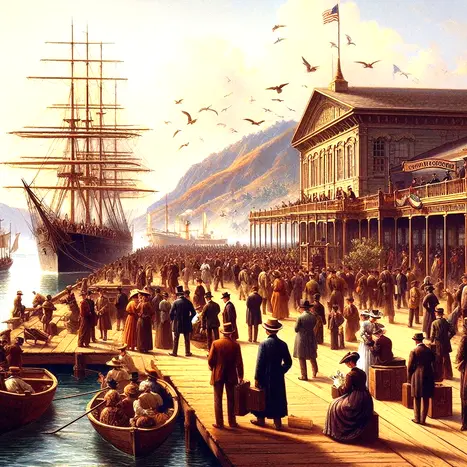
The issue of reparations following World War I have been a significant topic in historical studies and political discourse. This article explores when Germany completed its reparations obligations imposed by the Treaty of Versailles and the broader implications of these payments.

The imposition of reparations on Germany following World War I marked a significant chapter in international relations and economic policy history. This article explores these reparations' background, implementation, and consequences, shedding light on their lasting impact on Germany and the broader European landscape.

In the aftermath of World War II, Britain faced significant challenges, including housing shortages, urban overcrowding, and the need for economic revitalisation. To address these issues, the British government initiated the New Towns Movement to create planned communities to alleviate pressure on existing urban areas.

A new study reveals sea surface temperature, not human emissions, drives atmospheric CO2 levels. Despite all the concerns surrounding human emissions, fossil fuel emissions have a minimal impact on atmospheric CO2 levels, especially in comparison to natural factors such as natural fluctuations in sea surface temperatures.

08 May 2024 - the European Medicines Agency (EMA) announced the withdrawal of the authorisation for AstraZeneca's Vaxzevria at the request of the marketing authorisation holder. The EMA had initially approved AstraZeneca's COVID-19 vaccine in January 2021. However, concerns about its safety arose when several countries suspended its use due to blood clots in vaccinated individuals.

This simple dialogue can be used to balance your chakras. Either use the dialogue as a guide to chakra balancing or record it and use it as a voice-guided session. This is the dialogue that is used in the Chakra Balancing Program.

Migration has been a significant aspect of the United Kingdom's demographic landscape, influencing its economy, culture, and social fabric. As of 2024, the UK continues to experience notable levels of migration, with various factors contributing to these trends. This article provides an overview of the current migrant figures in the UK and the countries from which these migrants originate.

During the COVID-19 Pandemic Lockdown, there were some lighter moments - this was my favourite.

Through Russia's State Duma, Vladimir Putin recently implemented a sweeping ban on cultivating and breeding genetically modified (GM) plants and animals in the country, except for scientific research. The aim is to eradicate GMOs from Russia's agricultural sector.

The German Madagascar Plan was a proposal developed in the late 1930s by the Nazi regime to forcibly relocate the Jewish population of Europe to the island of Madagascar. Uncover the details of this controversial proposal...

Discover the chilling details of the Wannsee Protocol from the secret conference held on 20 Jan 1942, aimed at expediting the deportation of European Jews. The Wannsee Conference is possibly the most significant event in the history of the Third Reich...

Check out this pictorial file identifying the attendees of the Wannsee Conference on 20 January 1942 in our blog post.

